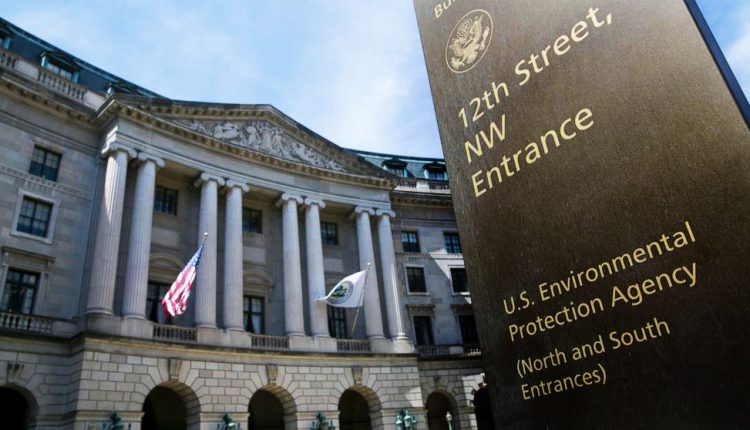
Environmental Roundtable – February 18, 2022
The next U.S. Small Business Administration, Office of Advocacy Environmental Roundtable will meet virtually to discuss the following topic, beginning at 10 a.m. on Friday, February 18, 2021. The meeting will be held using the Microsoft Teams platform.
Send your RSVP to tayyaba.zeb@sba.gov. A meeting link will be provided to you when you RSVP.
Agenda
10:00 AM – 10:10 AM Introductions
10:10 AM – 10:30 AM EPA’s Draft TSCA Screening Methodology to Evaluate Chemical Exposures and Risks to Fenceline Communities
Rehan Choudhary, Office of Pollution Prevention and Toxics, EPA
10:30 AM – 10:40 AM Comments on EPA’s Draft TSCA Screening Methodology from the Perspective of Small Manufacturers
John Schweitzer, American Composites Manufacturers Association
Robert A. Haberlein, Ph.D., American Composites Manufacturers Association
10:40 AM – 11:00 AM Q&A
Roundtable meetings are open to all interested persons, with the exception of the press, in order to facilitate open and frank discussion about the impacts of Federal regulatory activities on small entities. Agendas and presentations are available to all, including the press. Anyone who wants to receive roundtable agendas or presentations, or to be included in the distribution list, should forward such requests to david.rostker@sba.gov. The purpose of these Roundtable meetings is to exchange opinions, facts and information and to obtain the attendees’ individual views and opinions regarding small business concerns. The meetings are not intended to achieve or communicate any consensus positions of the attendees.
Small Business Environmental Roundtable
Issue for Discussion
February 18, 2022
EPA’s Draft TSCA Screening Methodology to Evaluate Chemical Exposures and Risks to Fenceline Communities
On January 21, 2022, EPA published its draft “TSCA Screening Methodology to Evaluate Chemical Exposures and Risks to Fenceline Communities.” EPA plans to use the screening level methodology to evaluate potential chemical exposures and associated potential risks to fenceline communities in its Toxic Substances Control Act (TSCA) risk evaluations. EPA defines fenceline communities as members of the general population that are in proximity to air emitting facilities or a receiving waterbody. In the methodology, EPA limits the chemical release to the ambient air to less than or equal to 10,000 meters but does not provide a limit for waterbodies other that it must be the receiving waterbody of the chemical discharge. The agency intends to apply the screening level methodology to seven of the “first 10” chemicals undergoing risk evaluation under TSCA Section 6, which include methylene chloride (MC), 1-bromopropane (1-BP), n-methyl-2-pyrrolidone (NMP), trichloroethylene, perchloroethylene, carbon tetrachloride and 1-4 dioxane. This methodology will also be employed by the agency for all future chemicals undergoing the risk evaluation process under TSCA. The agency recently extended its public comment deadline from February 22, 2022 to March 22, 2022.
EPA is also planning to hold a virtual peer review meeting of the Science Advisory Committee on Chemicals (SACC) March 15-17, 2022, to consider and review this methodology along with its application to 1-BP, NMP and MC.
Speaker Bio: American Composites Manufacturers
The American Composites Manufacturers Association (ACMA) represents an industry comprised of more than 1,000 facilities producing fiber reinforced polymer composite products, the majority of which are owned by small companies. Composites manufacturers have long been regulated under VOC, HAP, and state air toxics programs, and many have been required to conduct exposure modeling using EPA-approved methods. John Schweitzer is a Senior Advisor at ACMA. Rob Haberlin is the owner of Engineering Environmental Consulting Services (EECS) and has provided occupational, environmental, and litigation support to composite manufacturers, and other large and small manufacturers since 1991.
